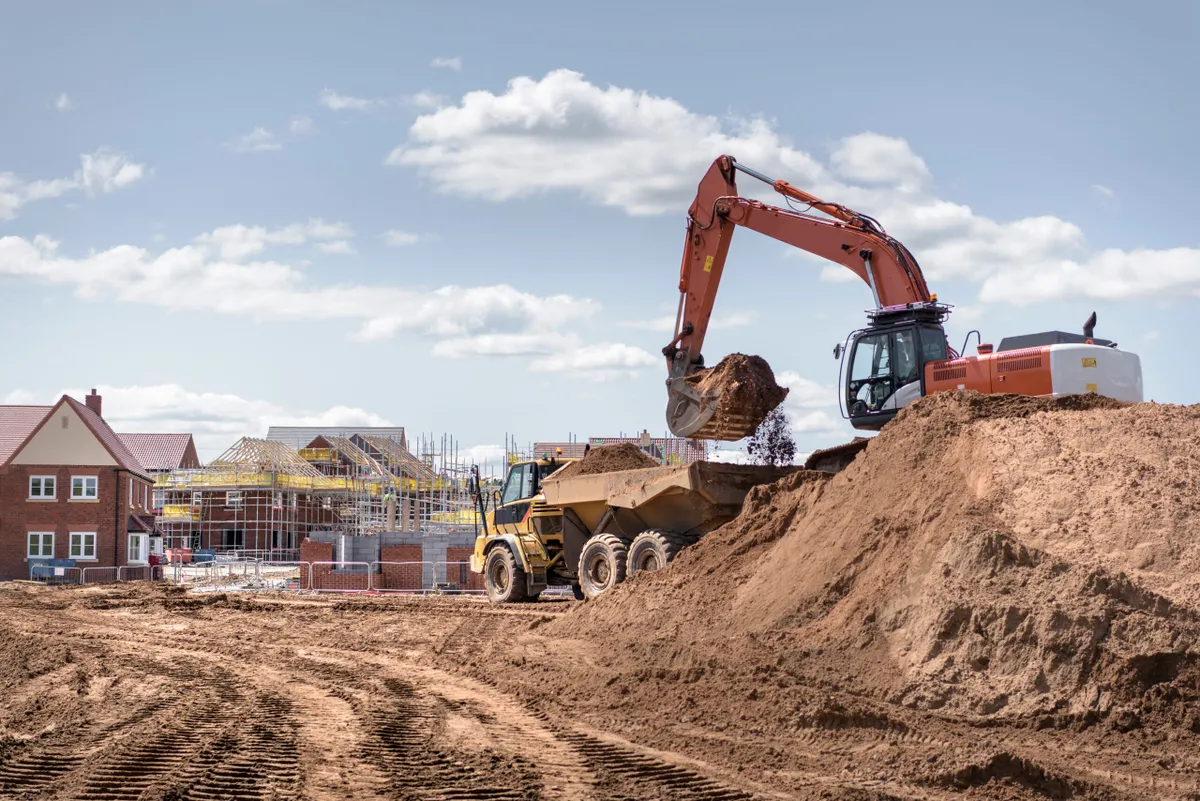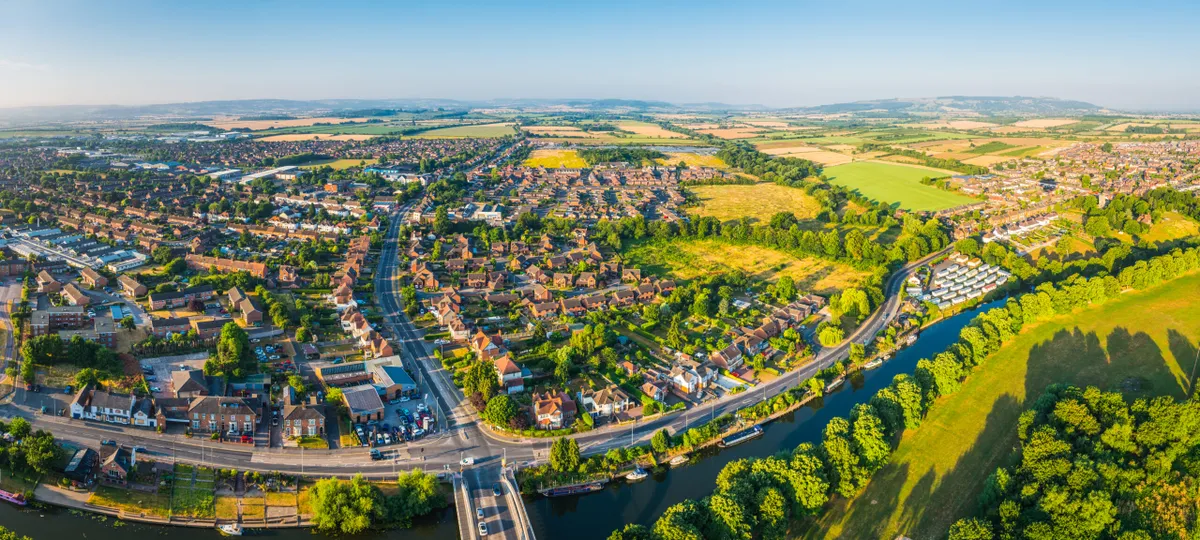Many years ago, long before current housing regulations, I lived in a new-build home on an estate with a stream flowing past our small front garden. All rather idyllic apart from when, after heavy rain, the sound of water surging over large stones kept me awake at night.
It never crossed my mind that the charming stream could be a potential conduit of pollution. But that was half a century ago, before the world became aware of threats to our natural environment.
- John Craven: Could more of Scotland be community owned?
- John Craven: Can oysters save our seas?
- John Craven: Bison and pigs are natural agents of rewilding

In more recent years, the EU, concerned with the impact of sewage leakage and construction site runoff, restricted housebuilding anywhere near waterways in protected areas. Developers in 62 local authority areas from Cornwall to the north-east have to prove their schemes will be “nutrient neutral”. This means ensuring no additional nutrients, such as phosphates and nitrates that can damage water quality, create excess algae and harm wildlife, would be released into local watercourses. Developers claim, as a result, building work has lagged behind targets.
“Developers have to prove their new housing will be ‘nutrient neutral’”
In recent weeks, though, the Government decided to scrap what Prime Minister Rishi Sunak called a “disproportionate and poorly targeted old EU ruling” in the hope that an extra 100,000 homes could be created by 2030, starting within months and giving an £18 billion boost to the economy. The EU ruling would instead become “guidance” to housebuilders, who applauded the move. But, with filthy rivers such a major issue and those who pollute them facing mounting public criticism, protests grew.
Greenpeace’s Doug Parr retorted: “Who would look at our sickly, sewage-infested rivers and conclude that what they need is weaker pollution rules?” Ali Morse, water policy manager of the Wildlife Trusts, told me: “We know that nutrient neutrality schemes work. Protecting rivers does not hold up housebuilding – it is entirely possible to provide homes people need while also stopping river pollution from worsening.”
Then, suddenly, in September, the Government’s plans were dead in the water and clean-river campaigners celebrated. The House of Lords threw out an amendment to the Levelling Up and Regeneration Bill, which would have approved the plans, by 203 votes to 156, with Labour peers joining the revolt.

Political pause?
Critics called it a “humiliating defeat”; Conservative leaders accused Labour of destroying the dreams of home ownership for thousands of families, while Labour said the Tories had failed to score cheap political points with a rushed and flawed plan. If Rishi Sunak still wants to press ahead with ditching the “nutrient neutral” rules, he will have to produce an entirely new bill in the King’s Speech this November.
Cabinet ministers had argued that allowing new housing in protected areas would have a “very small” impact on sewage pollution and planned to offset it by doubling, to £280m, its investment in the Nutrient Mitigation scheme run by Natural England.
The nation does face a critical shortage of housing, but environmentalists argue it can be solved without posing threats to waterways and conservation areas. Whatever happens now, one thing is for sure. No one wants to see anything unpleasant floating past if they are lucky enough to live by a stream.
